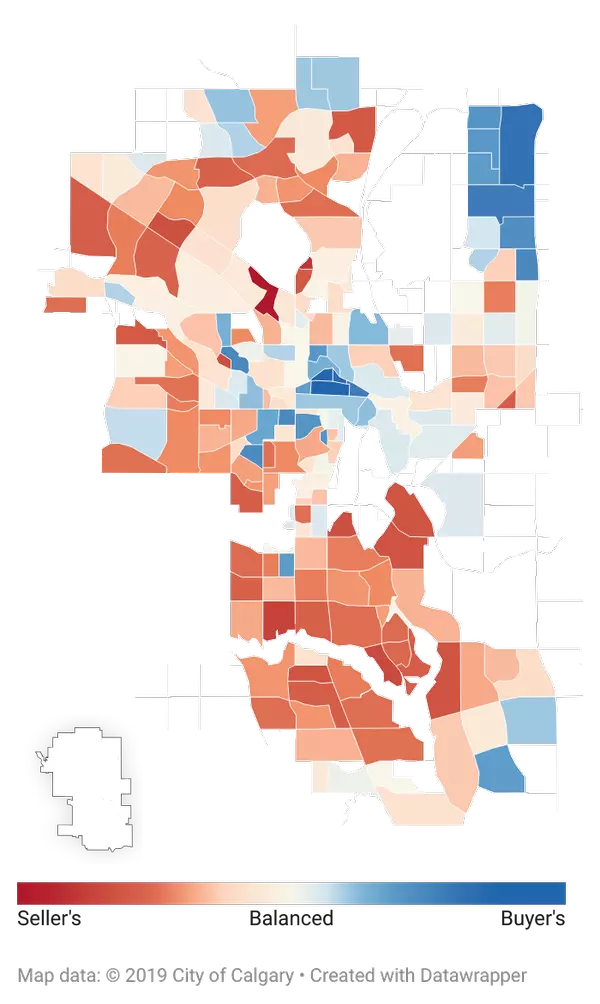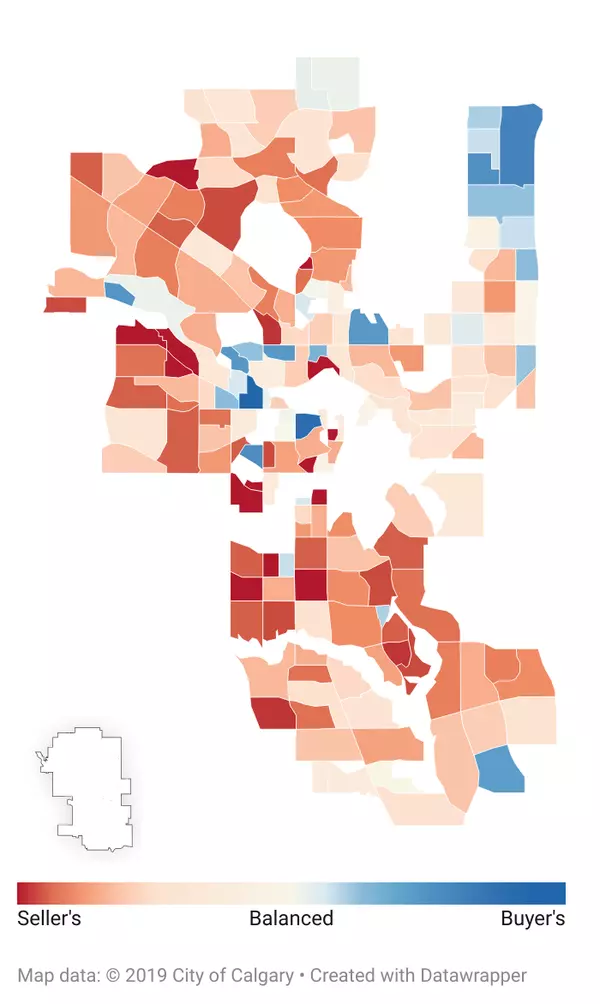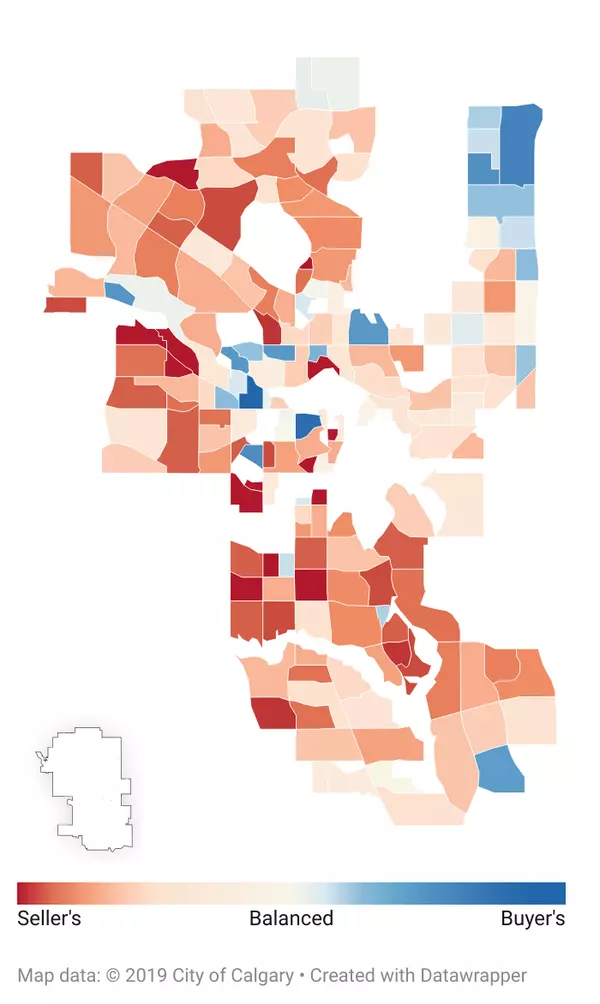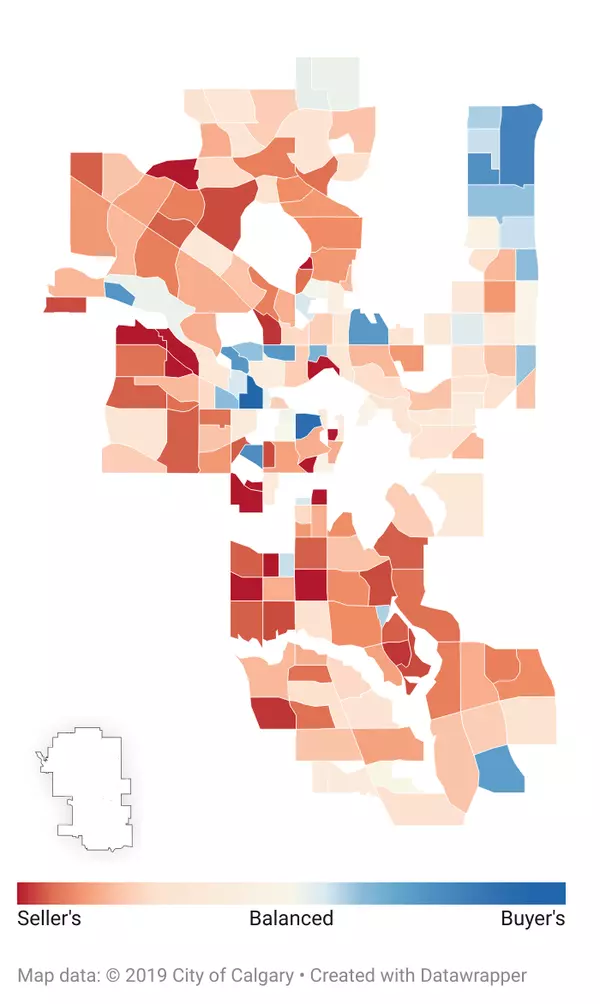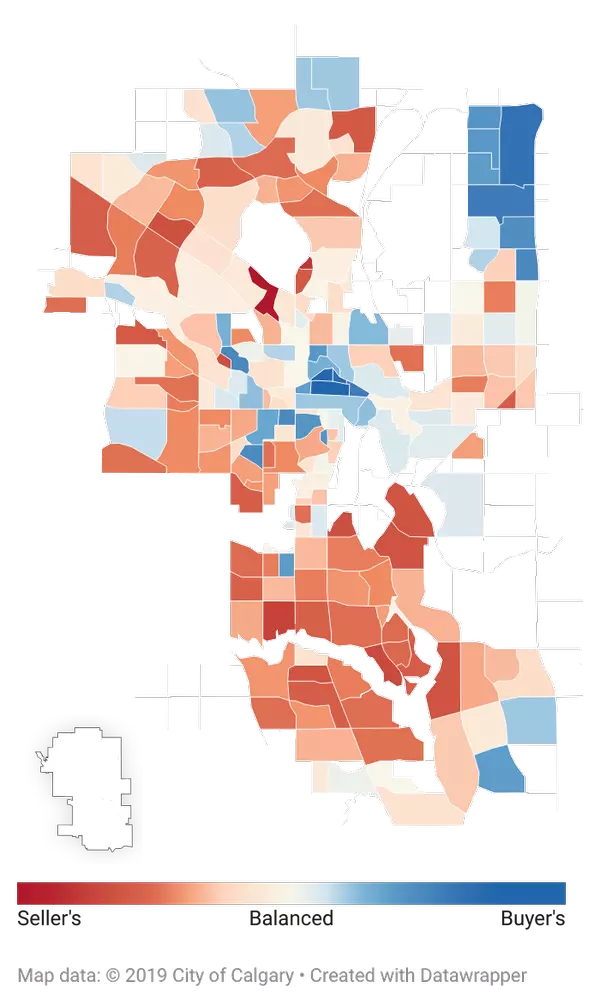Why Transparent Homes Sell Faster (and For More Money)
Why Transparent Homes Sell Faster (and For More Money)
Trust breeds action. Silence breeds suspicion.
When a buyer believes a transaction is open, honest, and upfront, they’re more likely to act confidently. That confidence turns into stronger offers—and often, more of them. For sellers, that means faster deals, fewer hiccups, and a smoother closing with less second-guessing. In short: transparency isn't just a nice-to-have. It’s a strategy.
Think about it like this:
You’re buying eggs. One carton is from a massive grocery chain with a flashy label and not much info. The other is from a local farm stand where you can literally see the chickens, the feed, and the farmer who collected them that morning. Which one do you trust more? Which one are you willing to pay more for?
Exactly.
Real estate works the same way.
📷 Transparency = Confidence
When sellers (and their agents) make the process clear, clean, and visible—whether it’s through:
-
Quality photos and 3D tours
-
Pre-listing inspection reports
-
Showing maintenance logs
-
Clear offer timelines and seller expectations
…it makes a buyer’s job easier. That trust doesn’t just make the home feel more appealing—it reduces their fear of the unknown. And fear, in real estate, is a deal-killer.
When people see what they’re buying, warts and all, they feel empowered to make better decisions. They may even skip unnecessary contingencies, write cleaner offers, or move faster—because they trust that they’re not walking into a trap.
🧠 The Psychology Behind It
Humans are wired to avoid uncertainty. It’s called uncertainty aversion—and it shows up hard in real estate.
If a buyer doesn’t know the condition of a roof, a foundation, or even the plumbing, the brain interprets that uncertainty as risk. And risk = possible loss. What happens next?
-
They lowball.
-
They load their offer with conditions.
-
Or they just walk away entirely.
And it’s not just about fear. It’s about mental load. Home buying isn’t one big decision—it’s a hundred micro-decisions:
-
Can I live in this neighborhood?
-
Is the furnace shot?
-
What about the school catchment?
-
Do I have enough saved for closing costs?
Each unknown adds weight. That cognitive load leads to decision fatigue, and fatigued buyers don’t make aggressive offers. They hesitate. They hedge. They default to safety.
Transparency removes the friction. It simplifies the equation and makes action easier.
🏡 A Real Example
Let’s say a couple is selling their big 1960s bungalow in an established Calgary neighborhood. They're moving to a smaller place closer to their kids and grandkids. The house is in solid shape—nothing fancy, but it's been loved and maintained over the years.
The neighborhood? Mature trees, big lots, great schools.
The house? A little dated, sure—but no scary surprises.
Here’s what they do right:
-
They get a sewer scope, knowing that tree roots in the area can be a problem.
-
They gather maintenance records: furnace servicing, roof replacement, receipts for plumbing and electrical work.
-
They include a one-pager showing average utility costs and the regular upkeep.
No spin. No hype. Just facts.
Now imagine you're the buyer. You walk in knowing exactly what you’re getting. You’re not guessing about hidden issues. You’re not gambling with tens of thousands of dollars. That’s a green light to move forward quickly, and with confidence.
📉 Secrecy Feeds Doubt
Compare that to a seller who plays coy:
-
No inspection report.
-
Vague “recent upgrades.”
-
“All offers reviewed Monday—no exceptions.”
It triggers the opposite reaction: doubt, caution, delay. Buyers wonder:
“What are they hiding?”
“Are we being set up for a bidding war?”
“Why won’t they tell us what matters?”
You don’t want hesitation in your deal. You want momentum. You want people writing offers right now—not calling their uncle for advice because they don’t trust the setup.
🧠 TL;DR: Perceived Risk = Perceived Loss
Buying a home is personal. Buyers want to feel like they’ve won. When they sense a lack of transparency—when information is missing or feels hidden—they assume the worst. And that turns perceived value into perceived risk.
But when sellers are open and transparent?
-
Buyers feel safe.
-
The offer process feels fair.
-
And the whole transaction moves faster, cleaner, and with fewer headaches.
✅ Final Thought: Don’t Be Mysterious
In a world full of gatekeepers, secrets, and "just trust me" marketing…
Real estate doesn’t need more mystery.
It needs more good faith.
So sellers—own your story.
Show your cards.
Trust your buyer, and they’ll trust you back—with their best offer.
Categories
Recent Posts



